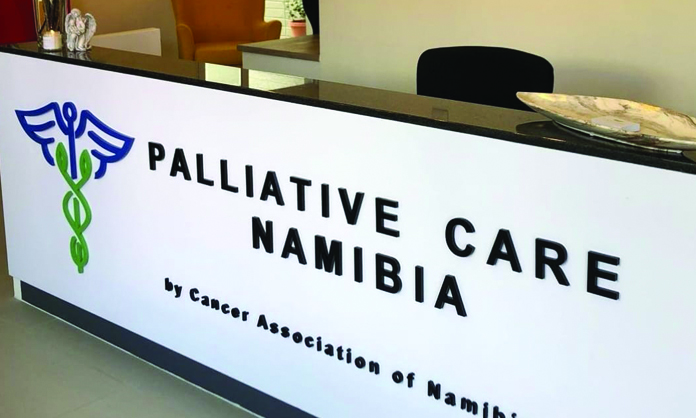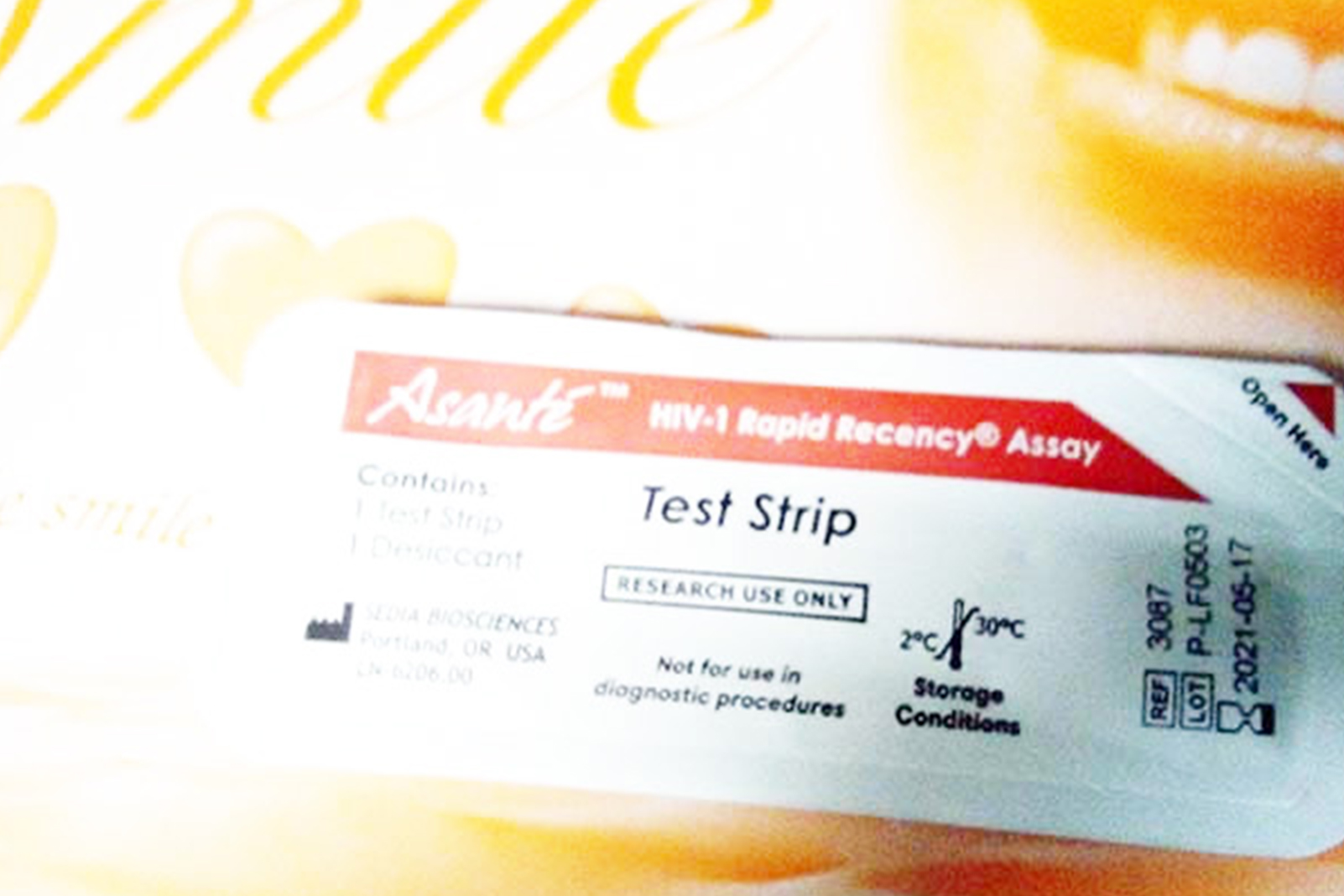THE Ministry of Home Affairs, Immigration, Safety and Security said 7 421 refugees and asylum seekers are currently living in Namibia.
Ministry spokesperson Magaret Kalo told The Namibian on Friday so far this year, 92 refugees and 55 asylum seekers have been registered.
“Namibia’s asylum policy does not discriminate, we receive and accommodate anyone seeking asylum and who qualifies for it,” Kalo said.
Many of the asylum seekers are from Great Lakes regions such as the Democratic Republic of Congo and Burundi.
“The United Nations High Commissioner for Refugees (UNHCR) is the key partner in managing and sustaining refugees in Namibia.
“In Namibia, the only principal instrument on asylum seekers and refugees, from which the Namibia Refugee Act was based on, is the 1951 United Nations (UN) convention,” she said.
Its core principle is non-refoulement, which asserts that a refugee should not be returned to a country where they face serious threats to their life or freedom. This is now considered a rule of customary international law.
According to the convention, a refugee is someone who is unable or unwilling to return to their country of origin owing to a well-founded fear of being persecuted for reasons of race, religion, nationality, membership of a particular social group, or political opinion.
However, Kalo said Namibia acceded to the 1951 UN convention relating to the status of refugees and its protocol in February 1995.
“The Namibia Refugees Act No. 2 of 1999 and the regulations made thereunder remain applicable regarding the criteria for determining refugee status in Namibia,” Kalo said.
She said that an asylum seeker is someone who says they are a refugee but whose claim has not yet been assessed.
Kalo said the government has housed refugees at Osire Refugee camp, located in the Otjozondjupa region, about 240 km from Windhoek.
“This is where the refugees are being housed and kept productive. They produce horticulture products such as tomatoes, onions and many others vegetables just to sustain themselves and their families,” she said.
Many refugees and asylum seekers come to Namibia with their families, although some come as individuals, Kalo said.
“They are not illegal in Namibia. They enter Namibia through legal entry points. As a ministry, we then issue them with permanent residence permits (PRP) if they have qualified,” she said.
Once the ministry offers them a PRP, they can then be incorporated into society and be productive citizens.
“When they feel like they are ready to be incorporated into the society, the government can offer them a piece of land where they can grow their mahangu or do any farming activity and live a normal village life,” she said.
Last year, The Namibian reported that Namibia had 8 118 asylum seekers and refugees from 17 countries, including Bangladesh, Burundi, Cameroon, Chad, the Central African Republic, Ethiopia, Congo (Brazzaville), the Democratic Republic of Congo, Nigeria, Rwanda, Senegal, Somalia, Kenya, Uganda, Tanzania, Zambia, and Zimbabwe.
This was revealed by the home affairs ministry deputy minister, Daniel Kashikola.
At the time, Kashikola said the number of asylum seekers and refugees would increase as the ministry continues to receive asylum seekers through its reception centre at Katima Mulilo.
He said the asylum seekers and refugees at Osire are not in a concentration camp and can leave the camp, provided they have exit permits.
“Many asylum seekers and refugees are found by law-enforcement agencies outside the settlement without exit permits or with expired permits. As a result, some are being arrested, which is not supposed to be the case,” Kashikola said.
He said arrangements are in place for asylum seekers and refugees to travel to nearby towns for shopping and other necessities upon obtaining exit permits from the settlement administrator.
Kashikola also warmed farmers and business individuals against employing and exploiting refugees.
He said the ministry and the UNHCR is engaging countries now at peace, whose nationals are still in Namibia as refugees, with a view to initiate discussions on voluntary repatriation.
Stay informed with The Namibian – your source for credible journalism. Get in-depth reporting and opinions for
only N$85 a month. Invest in journalism, invest in democracy –
Subscribe Now!






